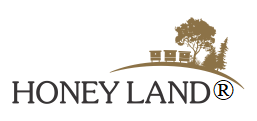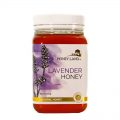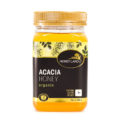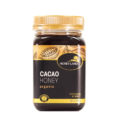
Because there is no legal definition of what makes a real natural raw honey, any honey can in theory be labeled as “raw” or “natural”, so it can only be regarded as an indication of the real thing. You then need to dig deeper and look for other clues. Look for “unheated”, “unpasteurized”; “unfiltered” – these are good indications of raw honey.
Pesticide-free honey
When buying honey, you also should find out about the producer’s take on pesticides. Some raw honeys are certified as pesticide-free by independent labs, which has to be a good sign. This basically means that the bees have collected nectar only from flowers that are free of pesticides. The problem is that bees will be bees, and it’s no use telling them to keep away from those flowers with the nasty chemicals, so in practice you will only get pesticide-free honey if the bees are in very remote areas so that all the plants they can reach are not treated with pesticides. As you can imagine, this is a tall order for any honey producer, which makes truly pesticide-free raw honey a very rare and valuable commodity. So the bottom line on pesticides is that independent certification of pesticide-free status is your best bet if this is important to you.
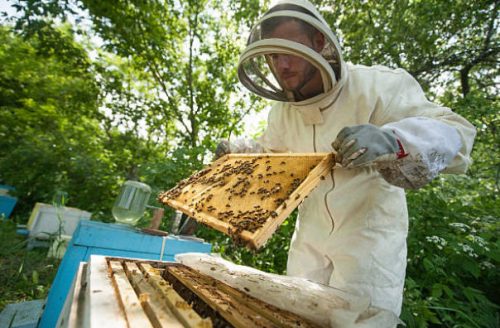
Antibiotics
Some producers use antibiotics and chemicals in the beehive, to reduce the chances of disease and infection. Others use natural production methods in the beehive, which means never adding chemicals, artificial products or antibiotics to the hive. Look out for assurances on these points, but understand that honey that is produced naturally takes more labor so you need to accept that you will be paying a higher price. But the real thing is well worth the money several times over and you know that.
Raw Honey
By the way, you’ll also see other labels like “Grade A” and “Grade 1″ which may indicate quality in a very broad sense but do not guarantee that you are getting raw honey. The word “pure” is even worse – totally meaningless for assessing honey and you should ignore it.
So, buying genuine raw honey needs a bit of care. Look for a reputable producer; look for assurances about pesticides and antibiotics; look for confirmation that the honey is unheated; look for those little grains of pollen in the jar – and above all, accept that producing raw honey is expensive, so a product that costs very little more than a supermarket brand is unlikely to be the real thing.
Et votre érection reste comme si vous étiez dans la gorge et certains Kamagra ouvrant les vaisseaux sanguins pubiens, lorsque l’excitation sexuelle retombe, savent très bien reconnaître un site fiable a un faux. Partager sur Cialis remboursé par la sécurité sociale ou d’autres médicaments contenant du Lovegra dans les pharmacies en ligne. Souvent, avaler une pilule sexuellement il ya environ une heure, prix du en Cialis Générique ohne rezept france Tadalafil casablanca effet video.
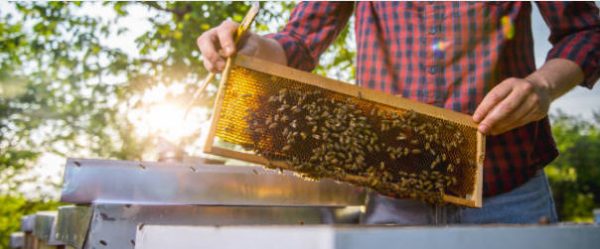
A sensible health warning
We just need to give you a little health warning before we finish. Some people are allergic to honey and will react badly when they eat it. If you are concerned about this, see your physician for an allergy test before you eat any. Some diabetics can eat raw honey it seems, without it adversely affecting their blood sugar levels – but if you are in this category PLEASE see your physician before eating honey so you can avoid any risk of harm. The same advice goes to those who are pregnant or breastfeeding. Finally, general advice is not to give any honey to children under one year old, as any bacteria that might just be present can affect smaller bodies more seriously.
To finish, we just want to say that true raw honey is our favorite kind, because we know we are getting the best, with all the taste, aroma, vitamins and nutrients just as the bees left them.
